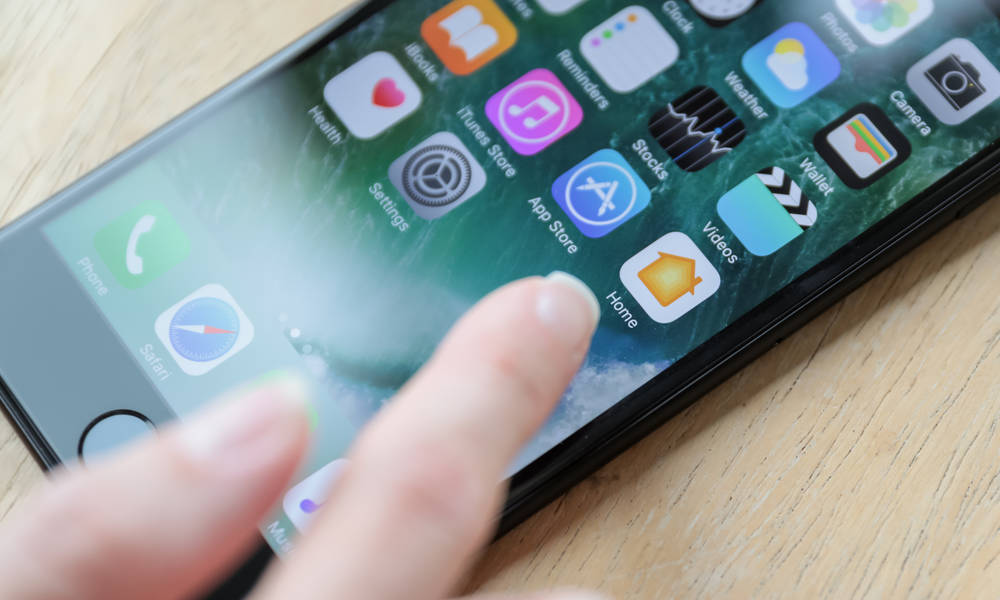
Is There a Bright Side to Apple’s Event App Purge?
The move by Apple to push out certain classes of template-based apps from its iOS App Store has gained a whiff of controversy in recent months, in no small part because it affects a number of event apps. But the alternative might actually be better in the long run.
If you’ve been keeping an eye on Apple’s recent moves in the iOS App Store, you’re probably aware that the news hasn’t been great for associations that operate event apps.
Long story short: Apple started discouraging developers from building software from template-based app builders earlier this year. That stinks for restaurants looking to promote their businesses or bands that want to go a step further than an Instagram feed, and associations are very much in the same boat.
Event apps are used heavily over the span of a few days, and less so at other times. This means that, in many cases, a template-based app makes the most sense.
In the six months or so since Apple announced that bit of bad news, things have only gotten worse, and TechCrunch recently reported that there’s now a deadline: Starting January 1, many app-makers that rely on a commercialized template or app generation service will see their products rejected by Apple.
“What’s unfortunate about the expanded policy enforcement is that these app-makers specifically target the small-business market,” TechCrunch’s Sarah Perez wrote last week. “They build apps for businesses that don’t have the internal resources to build their own apps or can’t afford to hire a custom shop to design a new iOS app from scratch.”
A Progressive Path
What does this mean for organizations that want a low-cost digital offering for their conference, maybe one that drums up some conversation during the event? GoodBarber, a company that creates template-based apps, sees a couple of options.
For example, it’s possible to distribute apps through Apple’s enterprise app tools, an approach that would avoid putting the software in the App Store and therefore avoid Apple’s review process. However, the tools can be used only for apps designed for a company’s employees, rather than a larger audience, so this option isn’t the solution for an event app.
Additionally, GoodBarber and other providers could change up their apps slightly to skirt around the problem, but something tells me Apple will probably find an issue with that strategy over time.
More realistically, many app-makers might move in the direction of progressive web apps (PWAs), a form of mobile website designed to work as snappy as a native application.
Does that term sound familiar to you? You might remember me mentioning it over a year ago in reference to The Washington Post, which implemented the functionality to speed up its mobile site.
Since then, the concept has continued to gain steam. According to TechCrunch, this is what Apple is recommending to many developers, and GoodBarber has pushed its business model in the direction of PWAs.
Progressive web apps are destined to become an even bigger deal in 2018. Beyond Apple’s restrictions, the growth of PWAs is related to a move being made on the desktop: Google, which has aggressively pushed progressive web apps toward Android users, is planning on making them the default way to install a web app in the Chrome web browser next year. That means that PWAs are going to be getting a lot of eyeballs soon, and not just on smartphones.
In the long run, this has the potential to be a good thing for users and developers alike. Sure, showing up in the iOS App Store or the Google Play Store is a good way to draw attention to your product. But developing a website that works the same way across multiple platforms potentially means less development time—a key reason for going with the template approach in the first place.
Instead of having to develop a more simplistic app on multiple platforms, PWAs work well on all of them—including those you wouldn’t have been able to invest in otherwise.
Is the App Store Really All That for Events?
That sounds good, certainly. The problem is distribution. If Apple pulls out all those restaurant and event apps, there’s no way to promote those services natively in iOS. Apple would do well by its users to figure out a happy medium on this issue.
(Side note: Original iPhone owners might remember a time when Apple promoted web apps, prior to its launch of the App Store, by order of Steve Jobs, who had to be convinced that native apps were a good idea. The idea of progressive web apps is kind of a throwback, though today’s web apps are likely to work way better on modern devices.)
On the other hand, as popular as the App Store is, niche apps are really not its forte. Its discovery capabilities are notably not very good, which is probably a factor in the current purge.
Or, to put it another way, how is an event app going to compete with the buzzy offerings that fill up lists of the most popular apps? It’s not unheard of for an event app to make one of those lists, but 10 to one, your attendees aren’t going to find the app through Apple’s channels, or through Google’s. They’re going to discover it through yours.
I’m not saying the situation is ideal, and I’m not implying that I think Apple is doing the right thing here. The company is effectively punishing small businesses that don’t have the resources to develop an app in-house.
But what I am saying is that, depending on how things play out, it may not be as bad as it seems on its face. There’s still plenty of upside.
(Onfokus/iStock Unreleased/Getty Images Plus)






Comments